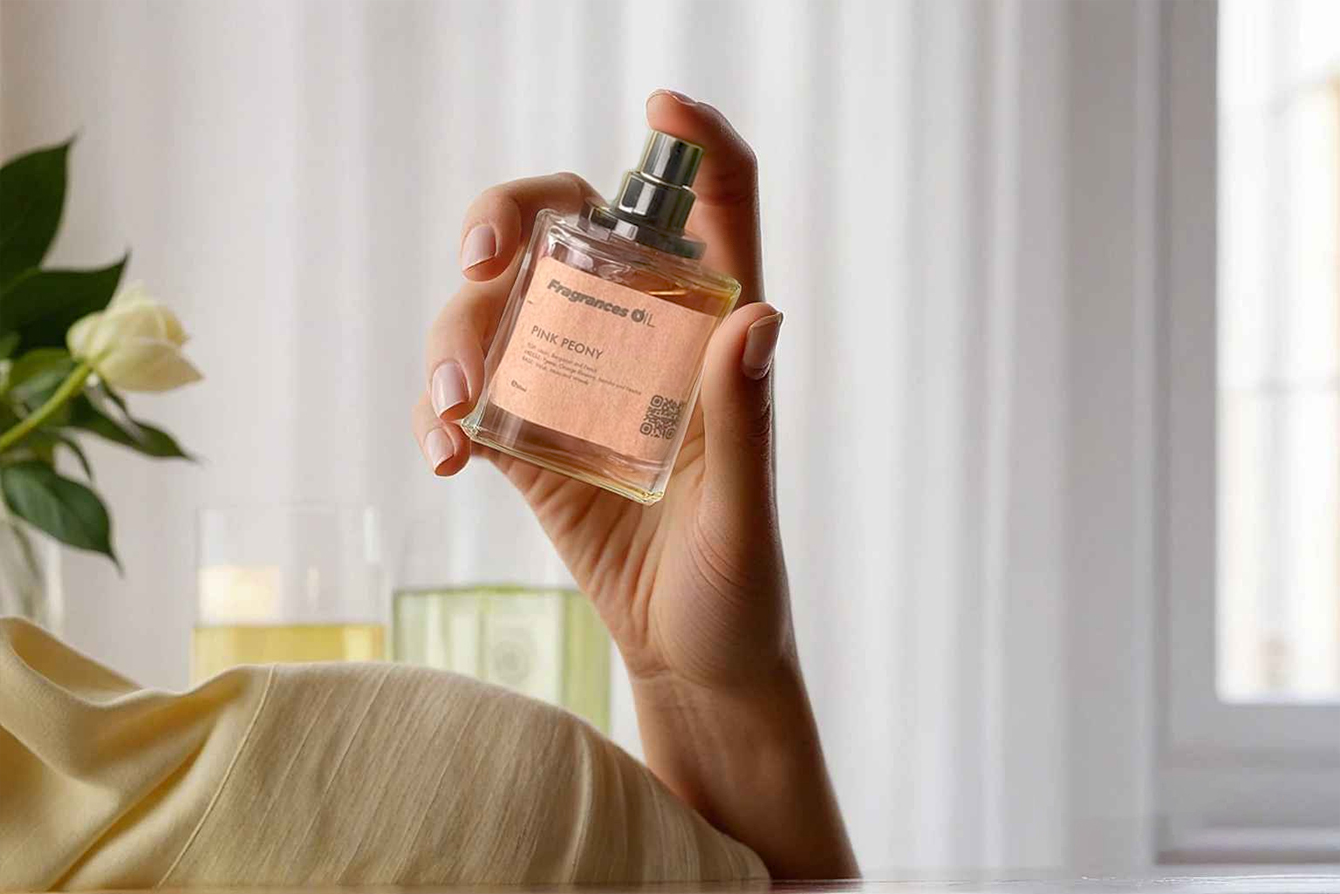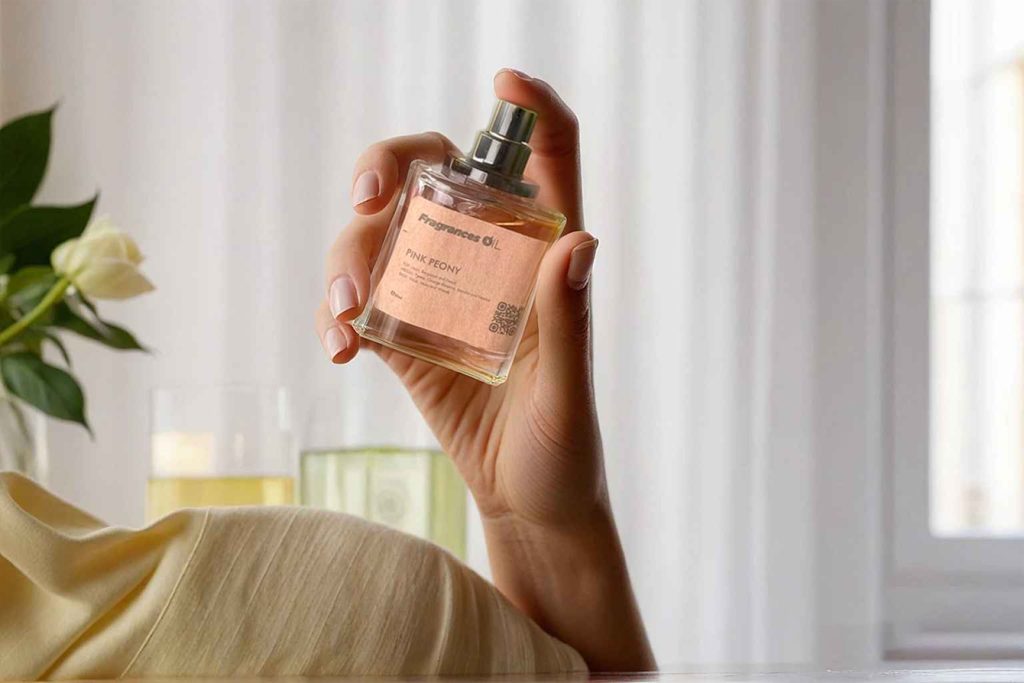

A perfect scent can enhance your look, style, and personality, and make you feel more attractive and confident. But with so many perfume choices available, selecting the suited fragrance to your skin type can always be challenging and overwhelming. To make this process easier, you have to understand the effects of fragrances on different skin types and know how to test and identify the best fragrances.
When it comes to choosing the right fragrance for yourself, it’s important to keep in mind that everyone’s skin is unique and will interact differently with a fragrance. In this article, we will guide you through the process from finding the best perfume based on your skin type to ensuring a harmonious and enchanting relationship between your skin and the alluring fragrance.
1. Understanding Skin Type
It’s essential to comprehend the basic characteristics of the various skin types to embark on your perfume selection journey. Familiarize yourself with the following skin types:
- Normal: This skin type is typically well-balanced, displaying minimal excess dryness or oil.
- Dry: Dry skin produces less sebum and lacks moisture than normal skin, making it vulnerable to irritation, flaking, and a tight, uncomfortable sensation.
- Oily: Due to excessive oil production oily skin tends to exhibit a glossy appearance and feel. It is also more prone to enlarged blemishes and pores.
- Combination: This type of skin is a blend of both dry and oily skin, usually with oily patches on the forehead, nose, and chin which is also known as the T-zone, and drier areas around the eyes and on the cheeks.
- Sensitive: Sensitive skin is more susceptible to irritation, itching, redness, and inflammation in response to various stimuli, both environmental and product-related.
Understanding a skin type and its attributes is the first step in learning how to choose a fragrance based on skin type.
2. How Skin Impacts a Perfume’s Aroma
A perfume’s aroma may vary significantly from one person to another depending on everyone’s skin’s pH levels and unique chemistry. When perfume is applied to the skin, it produces a personalized aroma by interacting with the natural oils and acids on its surface. Consequently, a perfume may release different notes on everyone’s skin compared to other people or even exhibit slight variances over time.
3. Considering Personal Preferences and Longevity
The ability of perfume to remain perceptible over time and its longevity can also be influenced by your skin type. Due to the increased adherence of the perfume molecules to the skin’s surface, skin types with higher oil content, like oily or combination skin, tend to retain fragrances longer. In contrast, dry skin may cause a perfume to dissipate more rapidly, requiring more frequent reapplication.
It’s essential to consider your personal preferences in terms of longevity, desired aroma, and intensity when choosing a perfume based on your skin type. The person whose skin type tends to decrease a perfume’s longevity, then they might opt for more concentrated, stronger fragrances or reapply throughout the day. Conversely, people with oily skin may choose lighter, more subtle aromas that won’t become overwhelming after interacting with their skin’s natural oils.
4. Tailoring a Perfume to Unique Skin Type
Now that you have a better understanding of your skin type and its impact on a perfume’s longevity and aroma, it’s time to explore the fragrances that best suit your individual needs. Here are some tips to help you find the perfect perfume according to your skin type:
– Normal Skin
Most fragrances will display balanced aroma profiles and likely perform well on normal skin so luckily individuals with this skin type can be adventurous with their perfume choices. However, to ensure a harmonious match with your chemistry be sure to sample each fragrance on your skin and observe how it evolves.
– Dry Skin
Seek out richer, more concentrated fragrances with dominant floral, woody, or oriental notes. These notes can help compensate for the longevity and decreased projection commonly experienced by the person with dry skin. Before applying your perfume, applying a fragrance-free moisturizer to the skin can also enhance the fragrance’s performance and improve its adherence.
– Oily Skin
Opt for lighter, fresher fragrances with more prominent green or citrus notes that balance and complement the skin’s naturally amplified aroma profile. As the increased oil content on oily skin may prolong the fragrance’s longevity so consider aromas with a long-lasting base, such as patchouli, amber, or sandalwood.
– Combination Skin
With combination skin, you can explore a broad range of fragrances, gravitating towards more potent or concentrated options for the drier patches and lighter compositions for coverage on oily areas. To ensure balanced coverage and effective performance be mindful of the best application points for each fragrance.
– Sensitive Skin
Be cautious and ensure the fragrance formulation is gentle and hypoallergenic for sensitive skin. Avoid perfumes with synthetic content or high alcohol, opting instead for natural oil-based or water-based fragrances that are less likely to trigger irritation or inflammation. Before committing to a new perfume, always perform a patch test to gauge the skin’s reaction.
